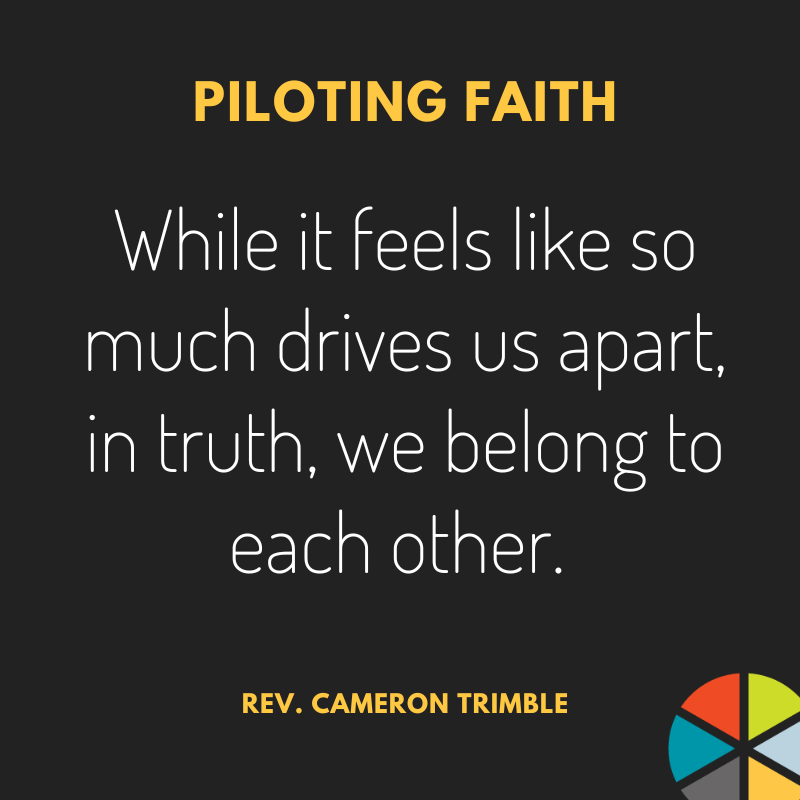Retired NYPD Detective James Shanahan recently told me the story of a young man in a desperate situation. He was a former Navy officer and had been out of the service for a few years. He was living with his mother and suffering from PTSD. None of the medical or psychological interventions seemed to make a difference.
On this day, Detective Shanahan and this young man’s lives intersected because he decided his life wasn’t worth living. The young former Navy officer had climbed onto the ledge of a building and was threatening to jump. Detective Shanahan and his team’s job was to help him see that he didn’t need to die.
The lead negotiator, a man named Jack, realized after some conversation with the young man and his mother that he had probably not had any meaningful human contact in the many years since he had left the military. Because his PTSD created behaviors in him that would scare others, he had gone years without simple human touch. Apart from his mother, he had no other meaningful intimate connections. He was isolated, and in that isolation, began seeing his world through a traumatized and shame-filled lens.
“I want to thank you for your service, for the ways that you have given this country so much of yourself,” the negotiator, Jack, said. “I imagine it has cost you deeply. As a cop, I can understand that. Sometimes, you just need a hug, you know? You just need to be reminded that you’re not alone in the world. I could use a hug right now, in fact. I bet you could too.”
After a little more conversation, the former Navy officer began opening up, sharing just the tiniest bit of his pain with Jack. Then, at just the right moment, Jack reached out his hand to the young man. The young Navy officer had a choice: he could choose connection, or he could jump. After a moment of hesitation, the young man took Jack’s hand, and together they climbed through a window to safety.
As Detective Shanahan told me this story, he paused and said, “What do you think Jack did then?” I said, “Well, I hope he gave him a hug!”
“First,” said Shanahan, “he closed the window. You have to be practical. And then he gave him a hug.”
Without a connection to one another, we lose something essential about being human. Our health suffers. Our minds play tricks with our reality. We lose ourselves. My friend, who is in recovery from addiction, often says, “The opposite of addiction isn’t sobriety. The opposite of addiction is community.” So it is. Let’s show up for each other with big hugs and open hearts. While it feels like so much drives us apart, in truth, we belong to each other.
We are in this together,

Rev. Cameron Trimble
Author of Searching for the Sacred: Meditations on Faith, Hope and Love
